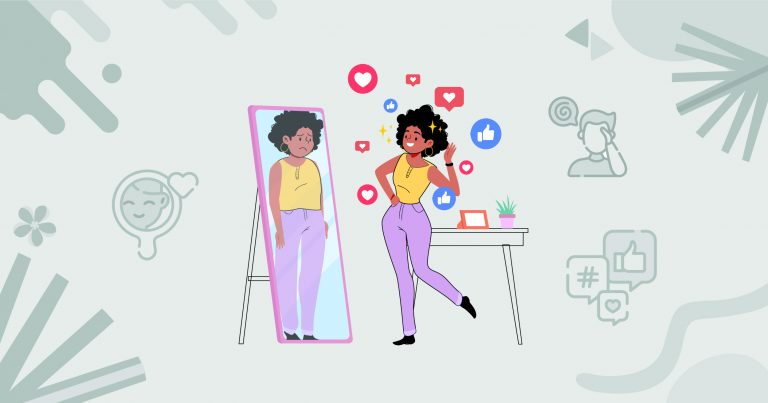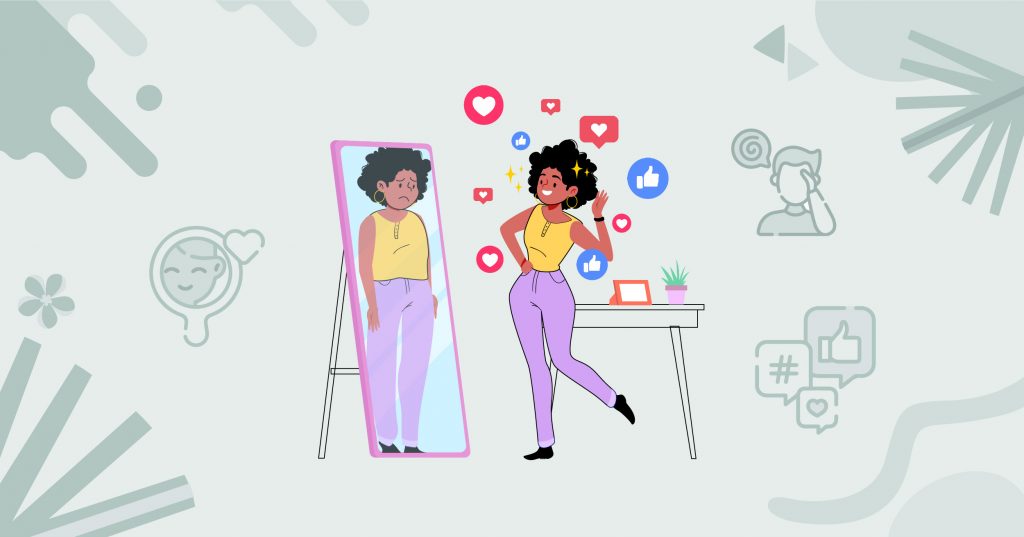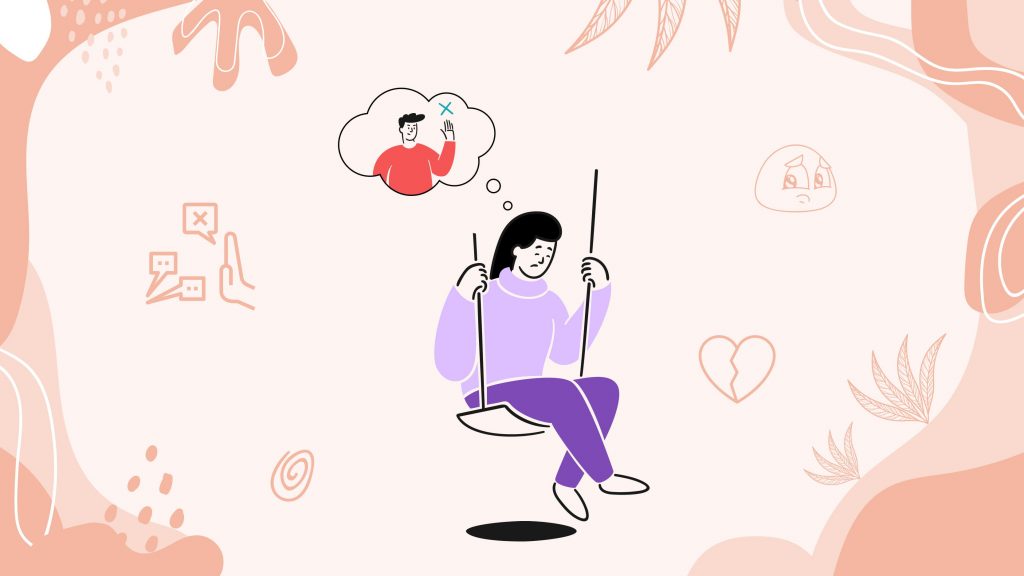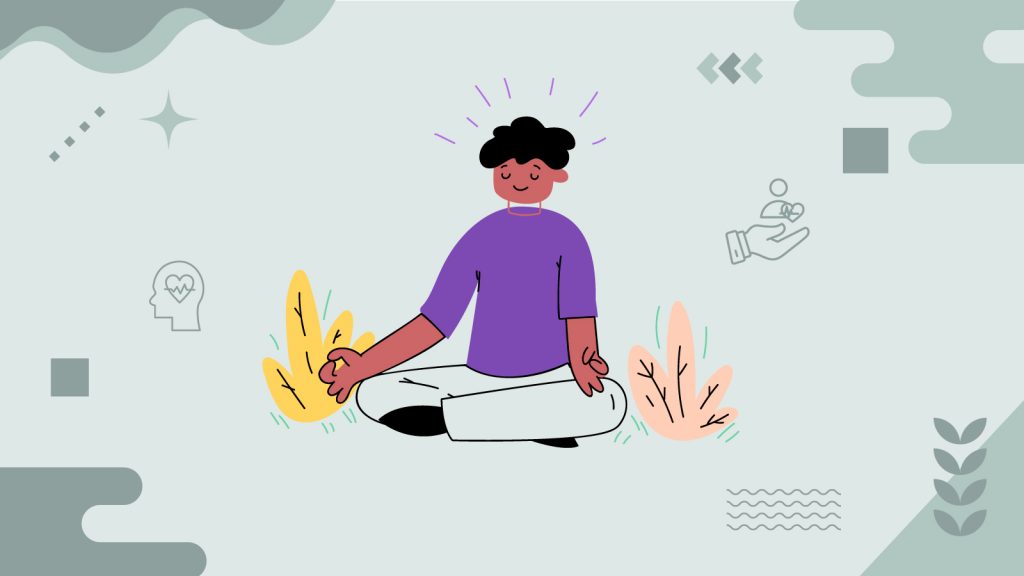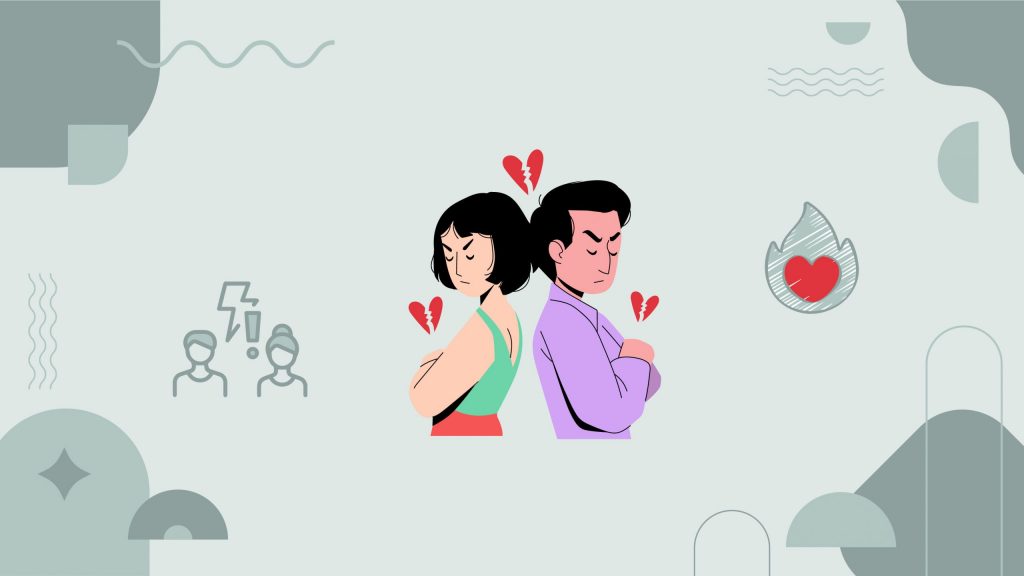The Distortion Dilemma
Scrolling through Instagram can feel like wandering through a carnival’s hall of mirrors, where every reflection is tweaked to perfection—flawless skin, sculpted bodies, and lives polished to a dazzling sheen. It’s hard not to stare and even harder not to compare. We’re constantly bombarded with these idealized images that set the bar for beauty and success seemingly out of reach. And let’s face it, each like and comment on these posts can sometimes feel like a stamp of approval for a standard we’re all scrambling to meet.
This onslaught of perfection isn’t just about catching up with the latest trends; it’s a deeper battle with the nagging feeling of “Why can’t that be me?” This constant comparison can send us spiraling into self-doubt, clouding our ability to see and celebrate our own unique traits and real-life achievements.
The influence of these curated images doesn’t stop when we put down our phones, either. It follows us, affecting how we view ourselves in the mirror, shaping the way we dress and interact with the world. Chasing this digital mirage of perfection can leave us feeling perpetually behind, always racing towards a version of ourselves that just doesn’t exist.
It’s time we strip away the digital gloss to really see how these online portrayals twist our self-image and chip away at our happiness. Let’s delve into this intricate web of digital illusions and real emotions to find a path to genuine self-acceptance, navigating a world where inspiration can sometimes feel like intimidation, and the divide between the two is as thin as our screens.
Neurological Wiring for Approval
The quest for approval on social media taps into some pretty deep-seated wiring in our brains. Historically, seeking approval helped our ancestors survive in groups, where fitting in was crucial for safety and security. Fast forward to today, and every like or comment on platforms like Instagram sends a little jolt of dopamine surging through our brains. This feel-good chemical boosts our mood momentarily and reinforces our desire to keep engaging in ways that earn us more of these digital nods of approval.
How Can The Media Negatively Affect the Self-Esteem
But here’s the flip side: this dopamine-driven pursuit can mess with our self-esteem. As we scroll through endless streams of perfected images, we’re hit by the ‘contrast effect.’ This is a psychological trick where being bombarded with pictures of highly attractive people can make us feel less attractive by comparison. Neurologically speaking, our brains don’t just see these images as passive bits of information; they interpret them as direct comparisons to ourselves, almost like a threat to our place in the social hierarchy.
The result? These online beauty contests can amplify feelings of inadequacy and anxiety. Our brains are hard at work processing these comparisons, and often, they conclude that we’re not measuring up. This isn’t just disheartening—it can shift how we see ourselves in the real world, not just the digital one, fueling a cycle of self-doubt and dissatisfaction that can be tough to break.
Subscribe to newsletter
Get your Gut Health Starter Guide right now.
Elevate your Tuesdays with practical, science-backed wisdom propelling you forward on your gut health journey.

Curating a Healthier Self-Image
- Selective Exposure: Actively curate your social media feeds to include more diverse and realistic body types. Follow accounts that promote body positivity and self-acceptance rather than those that perpetuate unrealistic beauty standards.
- Critical Consumption: Educate yourself and others about the realities behind images—many are altered or taken in controlled conditions that don’t represent everyday life. Understanding this can reduce the impact of such images on your self-esteem.
- Social Media Detox: Periodically take breaks from social media to reconnect with reality and gain perspective on what truly contributes to personal happiness beyond digital validation.
- Engage in Positive Activities: Focus on activities that boost your body confidence and overall well-being, such as exercise, hobbies, and spending time with loved ones, rather than scrolling through social media.
- Seek Professional Help if Needed: If social media significantly impacts your mental health, consider seeking support from mental health professionals who can provide strategies to improve self-esteem and body image.
An Individual’s Worth Definition
Sarah’s journey to reclaiming her self-esteem began when she noticed a disturbing pattern: the more time she spent on Instagram, the worse she felt about herself. “Every scroll felt like I was feeding my insecurities,” she confesses. Consumed by images of flawless bodies and picture-perfect lifestyles, Sarah felt her self-worth dwindling.
Determined to break the cycle, she embarked on a month-long social media detox, swapping endless scrolling for yoga sessions and meditation. This break from digital pressures allowed her to focus inward and appreciate her body for its strength and resilience, not just its appearance. “Yoga wasn’t just about flexibility; it was about centering myself, celebrating what my body could achieve,” she notes.
Upon her return to Instagram, Sarah curated her feed to include body-positive activists and fitness enthusiasts who represented a broader spectrum of body types and celebrated real, attainable health goals. “Surrounding myself with positivity and diversity on social media was like breathing fresh air,” she says. This shift in perspective turned her social media experience from a source of stress to a platform for inspiration and support.













